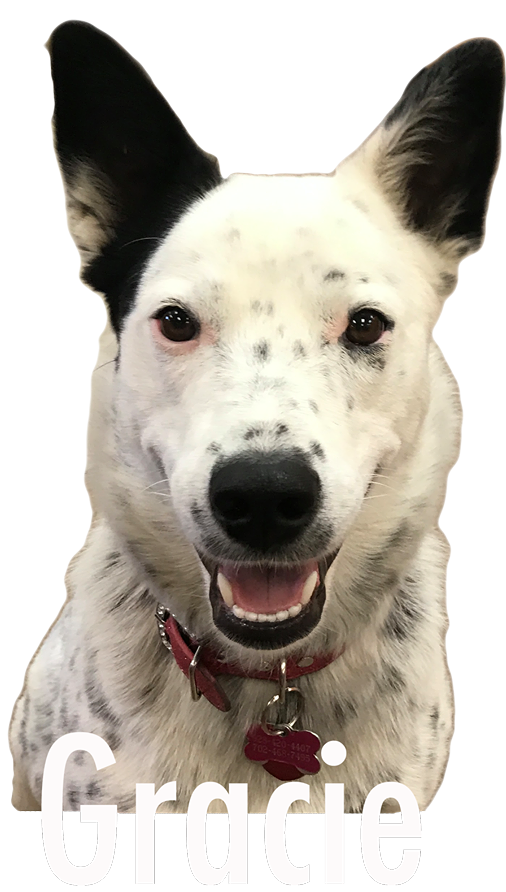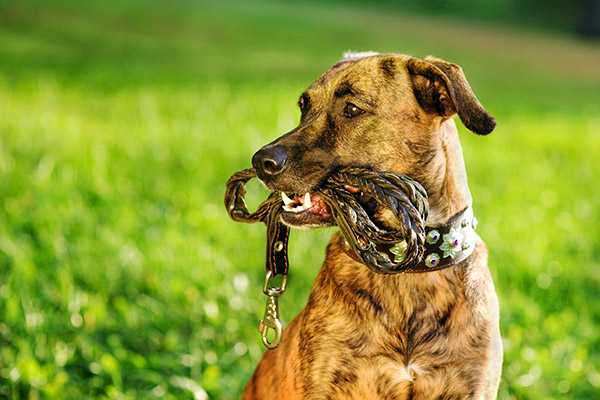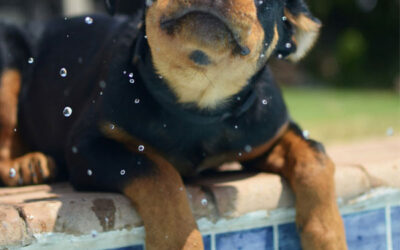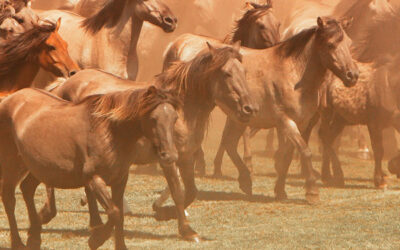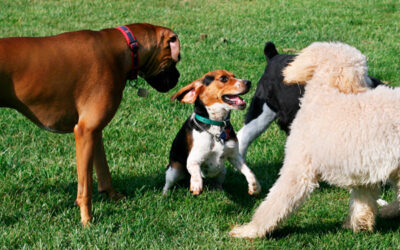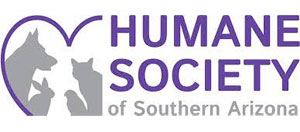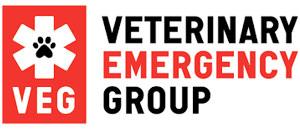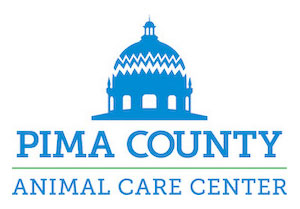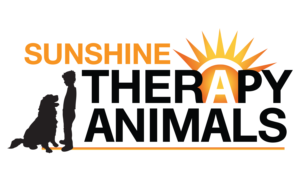Dogs are creatures of habit and thrive on consistency. Many people do not realize that most dogs sleep 12-18 hours a day. With the increase in the amount of time spent at home during the pandemic, many of our pets were not getting the rest that their bodies needed. Rest is important and the lack of it can make your pup more reactive and less focused. I like to think about my toddler. He’s great most of the time, however, on days when he wouldn’t nap, less desirable behaviors would arise which we would chalk up to overstimulation or simply being tired. His behavior was greatly improved on the days when he would nap. The same principle applies to our canine children! One suggestion I usually tell my clients to do is form a schedule that works for the whole family. Designate certain times for crating, rest and recuperation when needed.
Socialization was and still is the aspect of training and development during the pandemic where there are deficits. Ironically, this was also the time that many people added a furry friend to their family. Many of my clients expressed that with various COVID-19 restrictions in place it was difficult to socialize their puppies during this time. Despite the pandemic, however, it is still imperative to expose your puppy to various scenarios and the earlier the better. Puppies usually go through two fear and socialization periods during that crucial first year of growth and development. Exposing your pup to new and different situations is key, whether that be through training classes, walks around the neighborhood, or puppy playdates. I encourage my clients to show their pups the world and things they expect to see in the future as much as possible. (See Puppy BINGO!)
Separation anxiety is another very common issue in regular times but has been taken to a whole new level during the pandemic. With an increase of time at home over the past two years, our pups haven’t had the ability to practice independence therefore causing an attachment that can be hard to break.
Common examples of separation anxiety:
vocalization at a higher rate than normal (barking)
crying and whining
pacing and restlessness
destroying points of entry
panting
drooling
urination or defecation
chewing
eating through walls
vomiting
jumping through open and/or closed windows
One suggestion is to help make separation a daily ritual. Go on walks without your dog’s so they can be apart for a short amount of time. If using a kennel, I like to start by having them in the kennel when I am home. Then work toward leaving for longer periods of time. Meeting them where they are at, such as doing drills where you leave and come back frequently can change their outlook on separation. Calming aids, such as calming collars, treats, CBD, and (in extreme situations) medications can help guide this situation. Continuing to work on the behavior once these medications are in place is crucial for long term success.
Exposure for our dogs to new people and situations waned during the pandemic. Impulse control, the act of stopping or engaging in certain behaviors, is difficult to encourage without practice. Here are some strategies to help your canines’ reentry into society:
meet guests that come to your house on equal ground, such as outside in front of the home
step on the leash to help keep your pup from lunging and/or jumping
use a higher value reward to train with
For some of us, our dogs were our best companions during the pandemic. Return the favor to your pup by supporting them in transitioning back to the “real-world”. Remember, consistency is key, and just like toddlers, canines thrive on regular routine and practice.
